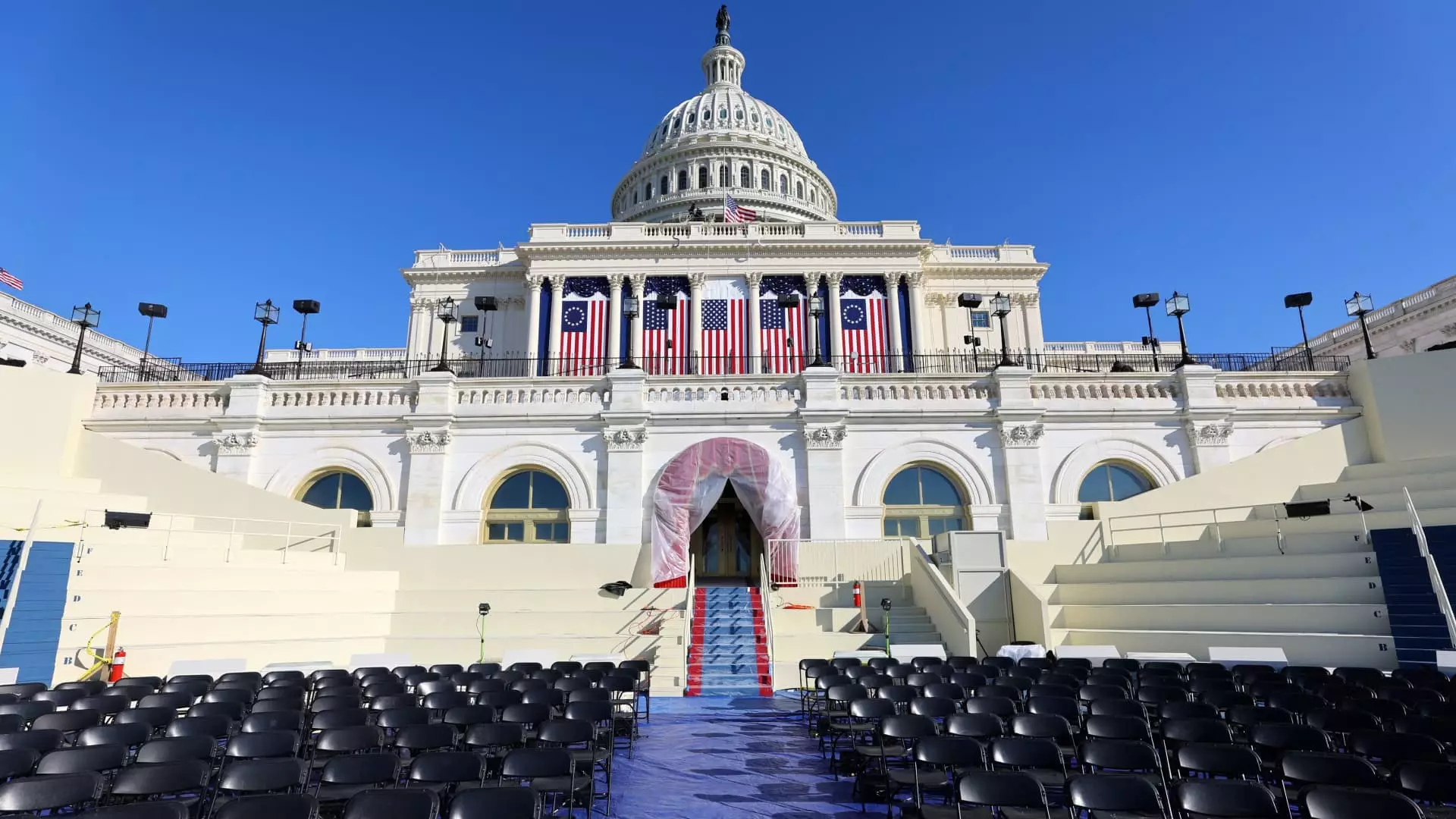In the realm of American politics, the question of transparency is paramount, particularly when it pertains to financial contributions influencing public events. Recently, Senate Democrats have taken a bold stance advocating for increased oversight of presidential inaugural committees. As momentum builds for President-elect Donald Trump’s upcoming inauguration, significant concerns have arisen regarding the influx of donations from wealthy individuals and corporations. The urgency of ensuring that the American populace is informed about the origins and utilization of these funds cannot be overstated.
Led by Senator Catherine Cortez Masto of Nevada, a bill has been reintroduced aimed at fortifying the regulations governing these committees. Cortez Masto articulated the need for transparency, emphasizing that “The American people deserve to know how these funds are being spent and exactly who they come from.” Her proposed legislation seeks to mandate that inaugural committees list the names and addresses of individuals or firms receiving payments of $200 or more. Furthermore, the purpose of each expenditure must be documented, enhancing the overall accountability of these financial transactions.
Additionally, the bill requires any unspent donations to be allocated to recognized 501(c)(3) charities within a stipulated timeframe of 90 days post-inauguration. Such measures would serve to combat potential abuses of funding and ensure that resources meant for public celebration are not misappropriated for personal gain or favoritism.
Historically, inaugural committees have operated with minimal restrictions, allowing donors to contribute limitless amounts of money. While transparency is crucial in matters of public trust, current frameworks lack effective expenditure reporting mechanisms. Donors are only required to report contributions exceeding the $200 threshold post-inauguration, leaving a substantial gap in accountability regarding how the raised funds are spent.
Cortez Masto’s renewed legislative efforts follow a troubling trend observed during Trump’s first inauguration, which raised an unprecedented $107 million. Alarmingly, the financial goals for the second inauguration are projected to far exceed that figure, possibly reaching around $200 million. This escalation raises pertinent questions about the motivations behind these mega-donations and the associated expectations from corporations and wealthy individuals.
As the date of the inauguration approaches, the growing allure of access to power through financial contributions becomes increasingly apparent. The recent influx of corporate capital into the inaugural fund underscores the need for rigorous standards ensuring that such financial contributions do not equate to undue influence over the newly elected leadership. The changing landscape of political fundraising accentuates the necessity of establishing rigorous transparency measures.
The Senate Democrats’ push for transparency within presidential inaugural committees represents a significant step toward mitigating potential conflicts of interest in American governance. By reinforcing the existing laws governing these committees, lawmakers can ensure that public funds are utilized appropriately, reflecting the values of accountability and integrity essential to democratic processes. The commitment to transparency should not end with the inauguration; it must be pursued consistently to uphold public trust and prevent corruption in the future.



Leave a Reply